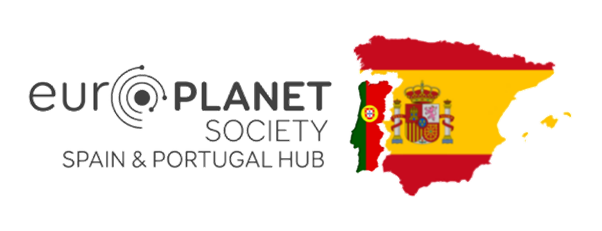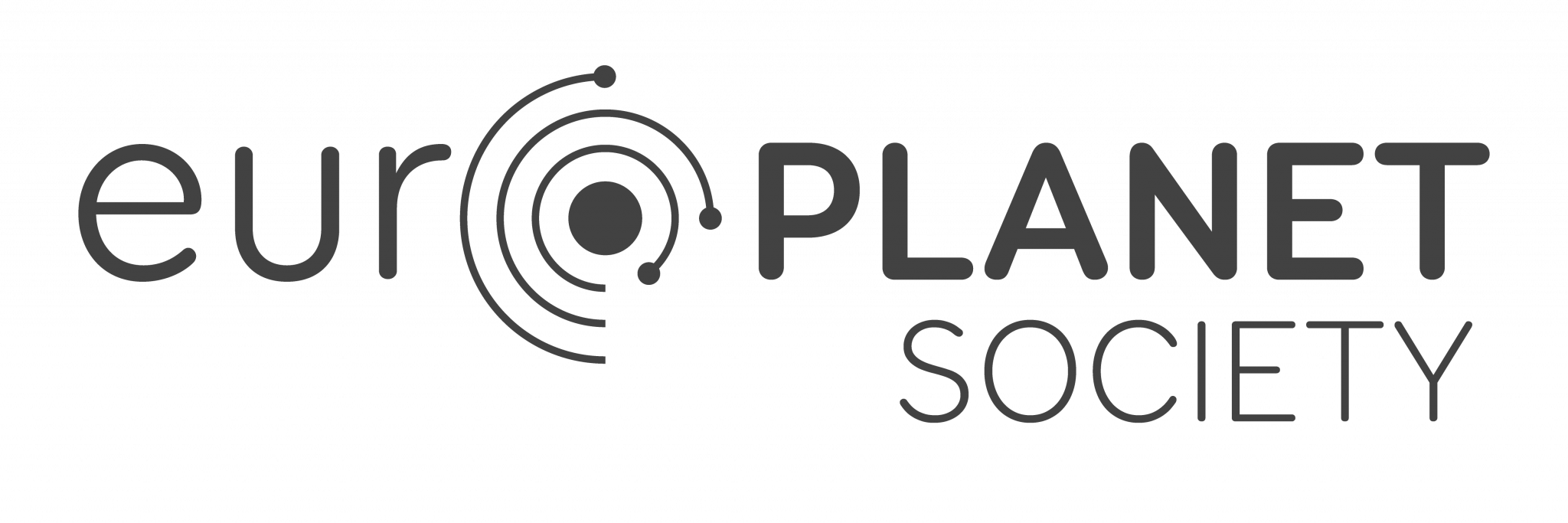Members
Europlanet Society
Outreach
Activities
Join
Europlanet Society
Space
Exploration
Scientific
Conferences
Professional
Community
Industry
& Stakeholders
Planetary Sciences
in Spain and Portugal
Amateur
Community
Networking
Hub Activities
No hay artículos en esta categoría. Si se muestran las subcategorías en esta página, puede que tengan artículos.





